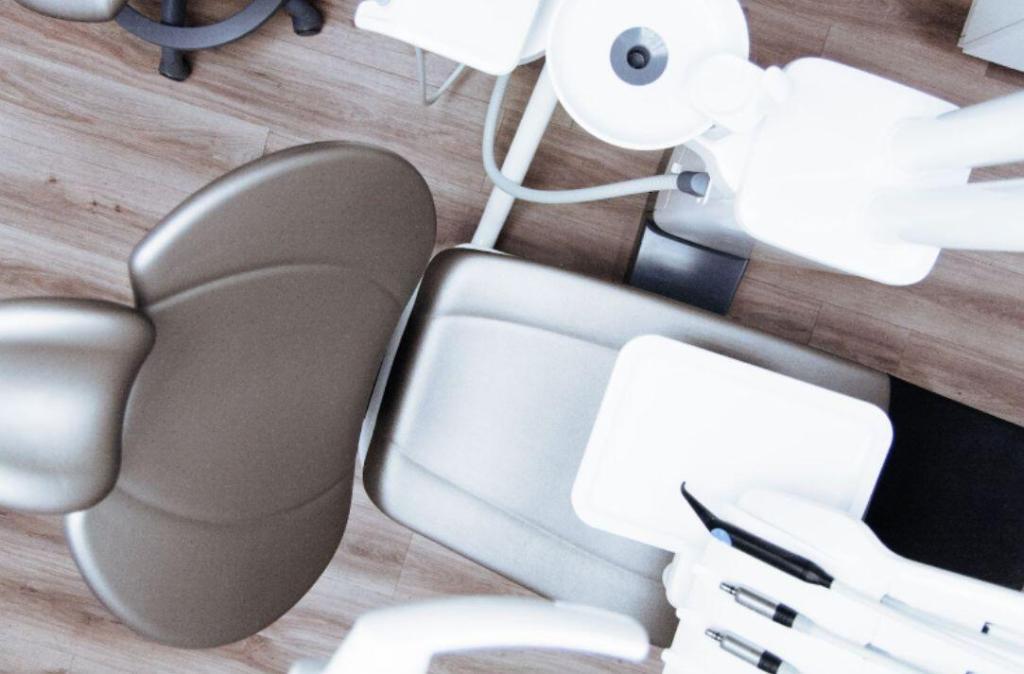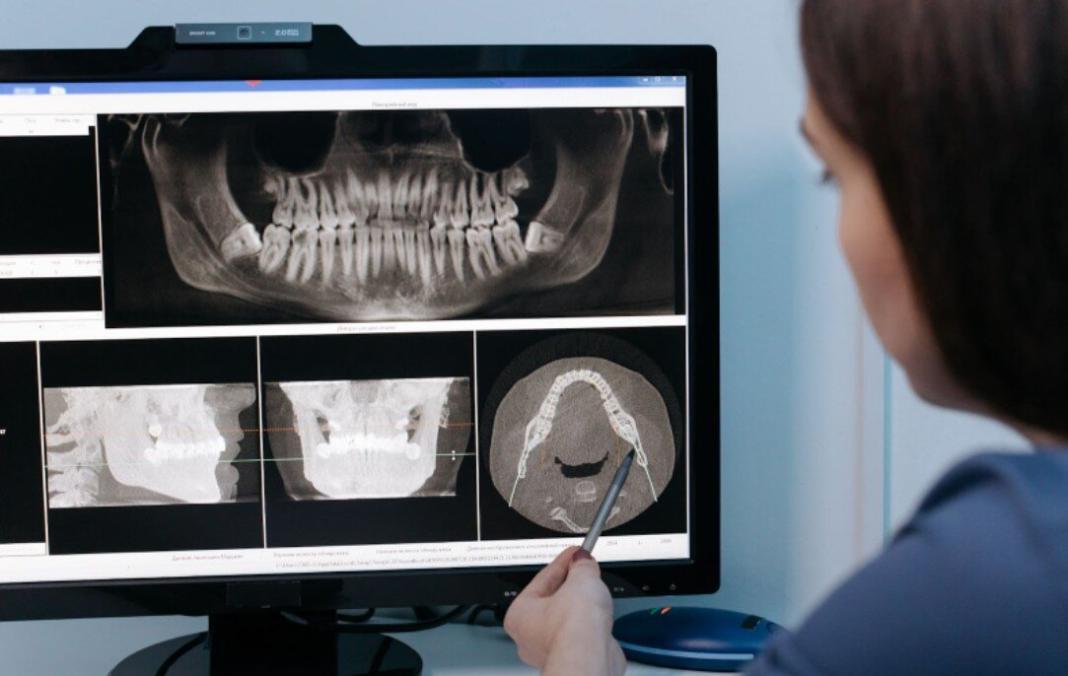Are you flossing daily?
We’ve all heard this question at a dental checkup. Although many may bend the truth and say yes, the reality for most Americans is that the little floss sample from their last six-month checkup is still bouncing around in their bathroom drawer. While an occasional reminder at the dentist’s office might seem like the only consequence of not flossing, the unfortunate reality is that skipping this step severely impacts oral hygiene.
What happens when you don’t floss?
Not flossing consistently leads to a higher risk of cavities and gum disease, bad breath, and decreased heart health. How each of these factors may impact a person’s immediate and long-term health is important to understand.
- Increased Plaque Buildup
Plaque is oftentimes not visible to the naked eye. It is difficult to see because it is a colorless film that builds up between teeth and around the gumline. By failing to brush and floss regularly, plaque is left to fester. Inevitably, it will build up and lead to a variety of oral health issues.
While brushing regularly can remove plaque on the front surfaces of teeth, it’s nearly impossible to access the spaces between teeth with a toothbrush. Plaque buildup in these areas can decay tooth enamel, creating cavities. Flossing regularly prevents this by removing unwanted food particles before they can create holes in the enamel.
Also, plaque can harden into tartar around the gumline. When dental hygienists use tools to scrape your teeth clean around the gumline, they’re removing tartar. Some buildup is common, but regular flossing can prevent serious concerns in the months between dental checkups. A toothbrush just can’t get to all of those harder-to-reach places.
- Higher Risk of Gum Disease
Gingivitis is called as the earliest stage of gum disease. Some of the warning signs of gingivitis are swollen gums that often bleed while flossing. Unfortunately, some individuals misconstrue this bleeding as aggressive flossing. They will then either stop flossing or stop being so thorough. Alternatively, seeing blood while flossing should be a signal for you to do it more often.
Think of it like this. If you haven’t worked out in a while, your muscles will be sore—maybe even painful—the first time you go for a run or lift weights. Once you establish a workout regimen, this soreness will become less frequent. In the same way, sore or bleeding gums simply mean that you haven’t flossed in a while.
When you see signs of gingivitis, it is important to address the problem immediately. By flossing regularly, you may nip it in the bud before it turns into a more serious infection known as periodontitis. Periodontitis is when the gums begin receding from the gum line. This can create a whole new list of potential problems, including tooth loss.
- Bad Breath
Brushing teeth or swishing a bit of mouthwash can help with bad breath, but flossing may be the secret to eliminating this issue.
Everyone gets food stuck in their teeth. The real problem occurs when that food is not removed. At that point, the food begins to decay between the teeth. As mentioned, this can create plaque buildup and cavities, but it also contributes to an undesirable smell. Removing food particles not only creates a healthier mouth, it also makes a more beautiful smile and cleaner-smelling breath.
- Decreased Heart Health
Who would have thought that oral hygiene was directly related to your heart? The American Heart Association firmly believes the oral health of an individual directly correlates to the overall health of the person. Additionally, a study was conducted in 2019 that confirmed individuals who participated in stricter oral hygiene regimes, including regular flossing, experienced a lower risk of heart failure and atrial fibrillation.
Flossing is part of an overall wellness plan—it’s not just an annoying chore from the dentist. Keeping strong oral hygiene habits can help prevent other medical conditions.

Preventative Care
One key factor in oral health is visiting the dentist for regular six-month dental exams and check-ups. Preventative care will help catch any minor issues before they become too significant. You may also notice that by flossing regularly those preventative checkups are far more enjoyable. Not only do you lessen the stress of potential oral health issues, but you will likely notice the dental cleanings taking less and less time to complete—and you’ll have fewer stern reminders to start flossing.
Building a Routine
The best advice to give individuals who do not floss regularly is to try and find a way to work it into their daily routine. This may be flossing every night before brushing their teeth or right away in the morning before brushing. There is no right or wrong time.
Flossing before brushing removes the plaque, bacteria, and unwanted food particles from between the teeth but not from the mouth. Ideally, brushing after flossing would fully remove them.
However, this is not an end-all-be-all for your flossing routine. If it is easier to toss some flossers in the car and do it on the commute to or from work, do it! The most important thing is to understand what works best for you and set realistic expectations. For some, mornings are already too stressful, and adding another action item to their to-do list is not possible. As long as you are adding flossing into your daily routine, you’re on the right track.
Two minutes of flossing each day is far more enjoyable than getting a cavity filled or a tooth extracted—and more cost-efficient too!
Related posts:







